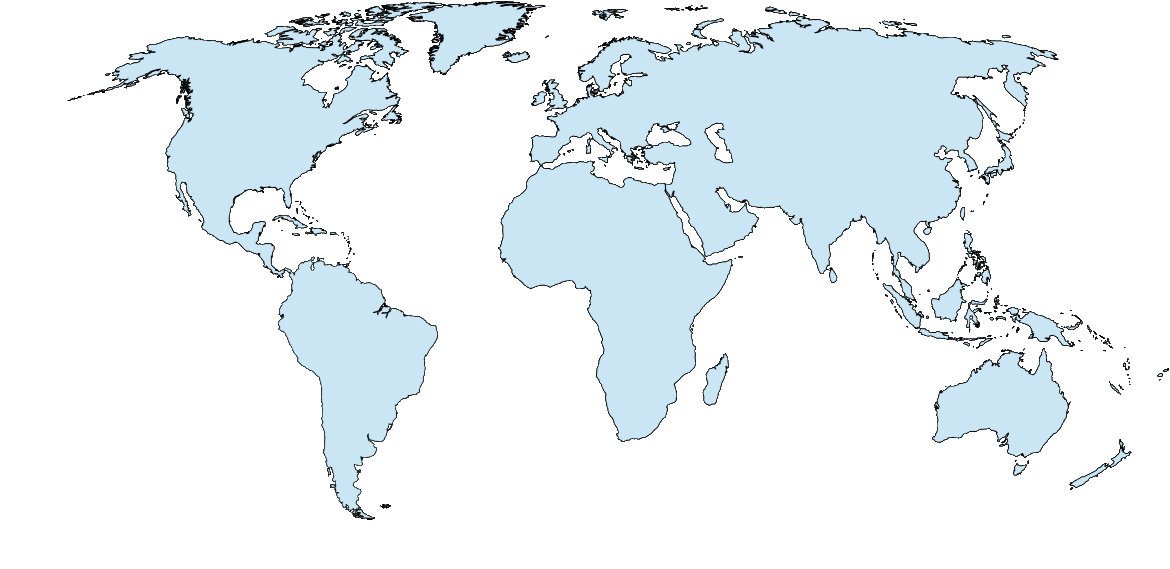DI's private sector development partnerships
We work with employer and business membership organisations all over the world to reach the UN’s Sustainable Development Goals and make our vision of a world with economic opportunities for everyone come alive.
DI believes that the private sector plays a crucial role in eradicating poverty and achieving the UN’s 17 Sustainable Development Goals. A strong private sector creates jobs and develops the innovative solutions that are essential in order to create decent living conditions in developing economies.
A strong private sector demands a strong private sector voice. Therefore, DI works with other employer and business membership organisations to strengthen the voice of business and inform their members of rights and duties.
We form long-term partnerships with our sister organisations and together we work to improve business conditions, raise sustainability in production and improve labour market stability.
Our development work is guided by the Danish tradition of compromise and dialogue between the public and private sector and between employers and employees. This tradition has helped the Danish society to solve sustainability challenges while retaining competitiveness and creating a strong and stable labour market to the benefit of both employees and employers. These are values and traditions which, we believe, can provide inspiration for the private sector in other countries.
DI’s development programmes are supported by development aid from the Danish Ministry of Foreign Affairs, private funds and international donors.
You can see some of our focus areas below:
Capacity building
Knowledge transfer and capacity building help employer and business membership organisations work for the interests of their members.
Employer and Business Membership Organizations (EBMOs) are essential to drive the economy forward. They assist companies in doing business, lobbying for business-friendly policies and concluding collective bargaining agreements.
We work with EBMOs of all sizes to build networks and help each other overcome local challenges. As part of our projects, experienced DI staff travels to sister organizations to learn and share experiences with negotiations, lobbying, acquiring new members, communications and much more.
We believe that, by sharing our insights and competences, we can help each other build the capacity of EBMOs to act as a strong voice in their society and lay the foundation for long term partnerships to solve local development challenges.
Social Dialogue
Collaboration between employers and employees is necessary to achieve long-term growth and stability on the labour market.
Social dialogue is the technical term for discussions and negotiations between employers and employees on issues such as salaries and working conditions.
The precondition for a productive social dialogue is the existence of strong and equal labour market organisations who trust each other to keep their promises.
In Denmark, we have a more than hundred-year-long tradition of social dialogue, the so-called 'Danish Model'. Key labour market issues, such as salary, are decided by the social partners without any government interference.
In many developing countries there is no tradition of social dialogue between trade unions and employer and business organizations. This increases the risk of labour conflicts that create low productivity and job insecurity to the detriment of workers, businesses and societies.
DI works with the Danish labour movement and local labour market organizations to help social partners in developing countries reach compromises and obtain all the benefits of a good social dialogue.
Technical and Vocational Education and Training
Limited access to skilled labour impedes growth and job creation in many developing countries.
Young people graduate from tertiary education in unprecedented numbers. But due to low-quality training and skills mismatch, many graduates struggle to find relevant work and remain unemployed or doing low-skilled work in the informal sector.
A demand-driven education system with an emphasis on work-based learning could alleviate this problem to the benefit of both companies and prospective workers.
Employer and Business Membership Organisations (EBMOs) have direct access to employers and can play a pivotal role in identifying their needs and integrating them into the educational system. The organizations can also engage with organized labour as the organizations have a common interest in ensuring skilled labour in the work force.
We engage with EBMOs and other key stakeholders to ensure that the private sector has an active role in improving the education opportunities in the developing word.
Sustainable Development Goals
The private sector plays a crucial role in achieveing the UN's 17 Sustainable Development Goals.
Companies are a main driver of the development of sustainable solutions to ensure green energy, nutritious food, clean drinking water, medicine, decent jobs, etc. both in Denmark and in the developing world.
Through our partnerships with employer and business membership organizations (EBMOs), we engage governments and the private sector to become agents of sustainable development.
Public-private partnerships ensure that legal frameworks are aligned with public and private sector interests so companies can offer solutions that are truly sustainable - economically, environmentally and socially.


